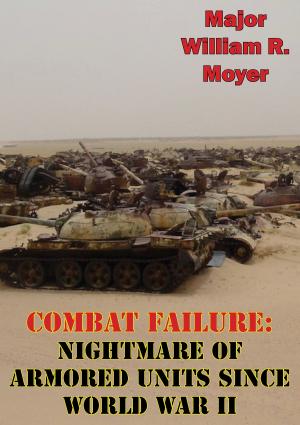Trafalgar And Jutland: A Study In The Principles Of War
Nonfiction, History, Military, World War I, Germany, British| Author: | Bernard D. Claxton, John H. Gurtcheff | ISBN: | 9781786256867 |
| Publisher: | Lucknow Books | Publication: | November 6, 2015 |
| Imprint: | Lucknow Books | Language: | English |
| Author: | Bernard D. Claxton, John H. Gurtcheff |
| ISBN: | 9781786256867 |
| Publisher: | Lucknow Books |
| Publication: | November 6, 2015 |
| Imprint: | Lucknow Books |
| Language: | English |
Sun Tzu approximately 2500 years ago said, “War is a matter of vital importance to the State....It is mandatory that it be thoroughly studied.” This statement has been proven valid since man began fighting and is as vital today as it was in the primordial days of warfare. At the Air Command and Staff College, we have taken heed of this warning and actively encourage our national military leaders, present and future, to study and to internalize the lessons of past wars. We do not believe this study has to be dry and boring as many history lessons seem to be. We believe that history can be entertaining and interesting as well as educational. Thomas Hardy said in 1906, “War makes rattling good reading . . .,”and this is the aim of our monograph series—to provide entertaining, interesting, and educational studies of history.
In this study, three of our faculty members have combined to present a study of naval warfare. The focus is on two great naval battles—the Battle of Trafalgar and the Battle of Jutland. Many descriptions and accounts of these battles have been produced in the past, but the approach used in this study is unique. The battles are analyzed using the US Air Force’s list of the principles of war. The authors conclude that adherence to the principles of war played a significant part in both battles, and on a larger scale, conclude that protection of sea lines of communications is as vital in today’s economic structure as it was in Nelson’s and Jellicoe’s eras. We hope you find this study interesting, informative, and thought-provoking.-Brigadier-General R. A. Ingram.
Sun Tzu approximately 2500 years ago said, “War is a matter of vital importance to the State....It is mandatory that it be thoroughly studied.” This statement has been proven valid since man began fighting and is as vital today as it was in the primordial days of warfare. At the Air Command and Staff College, we have taken heed of this warning and actively encourage our national military leaders, present and future, to study and to internalize the lessons of past wars. We do not believe this study has to be dry and boring as many history lessons seem to be. We believe that history can be entertaining and interesting as well as educational. Thomas Hardy said in 1906, “War makes rattling good reading . . .,”and this is the aim of our monograph series—to provide entertaining, interesting, and educational studies of history.
In this study, three of our faculty members have combined to present a study of naval warfare. The focus is on two great naval battles—the Battle of Trafalgar and the Battle of Jutland. Many descriptions and accounts of these battles have been produced in the past, but the approach used in this study is unique. The battles are analyzed using the US Air Force’s list of the principles of war. The authors conclude that adherence to the principles of war played a significant part in both battles, and on a larger scale, conclude that protection of sea lines of communications is as vital in today’s economic structure as it was in Nelson’s and Jellicoe’s eras. We hope you find this study interesting, informative, and thought-provoking.-Brigadier-General R. A. Ingram.
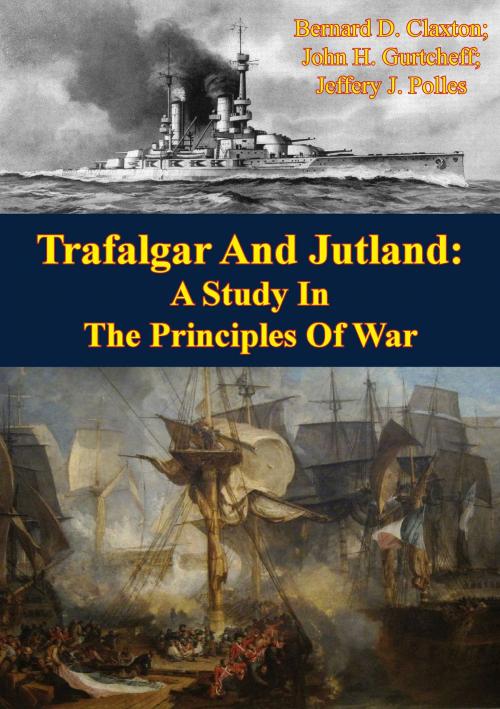
![Cover of the book At The Front In A Flivver [Illustrated Edition] by Bernard D. Claxton, John H. Gurtcheff](https://www.kuoky.com/images/2013/january/300x300/9781782891116-ibQS_300x.jpg)

![Cover of the book I Dream Of The Day - Letters From Caleb Milne - Africa, 1942-1943 [Illustrated Edition] by Bernard D. Claxton, John H. Gurtcheff](https://www.kuoky.com/images/2014/august/300x300/9781782895602-vFFF_300x.jpg)
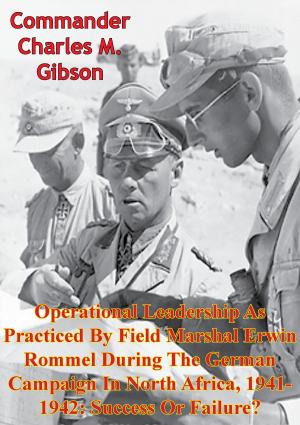
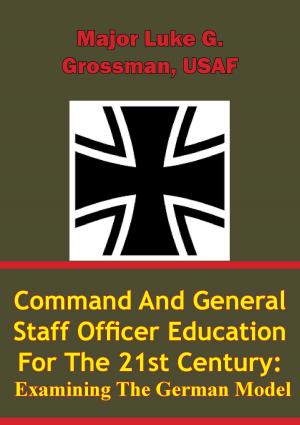

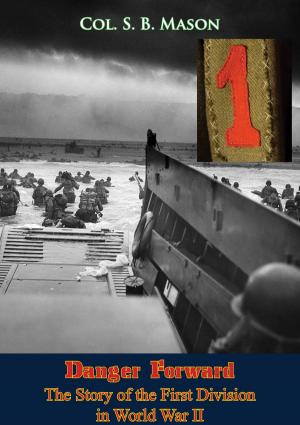
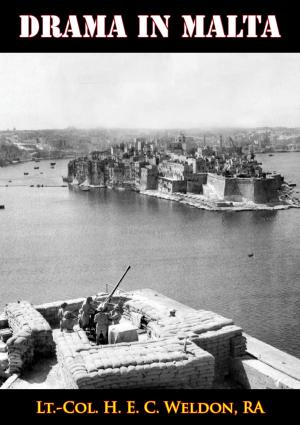


![Cover of the book The Last Four Months; How the War Was Won [Illustrated Edition] by Bernard D. Claxton, John H. Gurtcheff](https://www.kuoky.com/images/2015/november/300x300/9781786255471-v8rO_300x.jpg)



